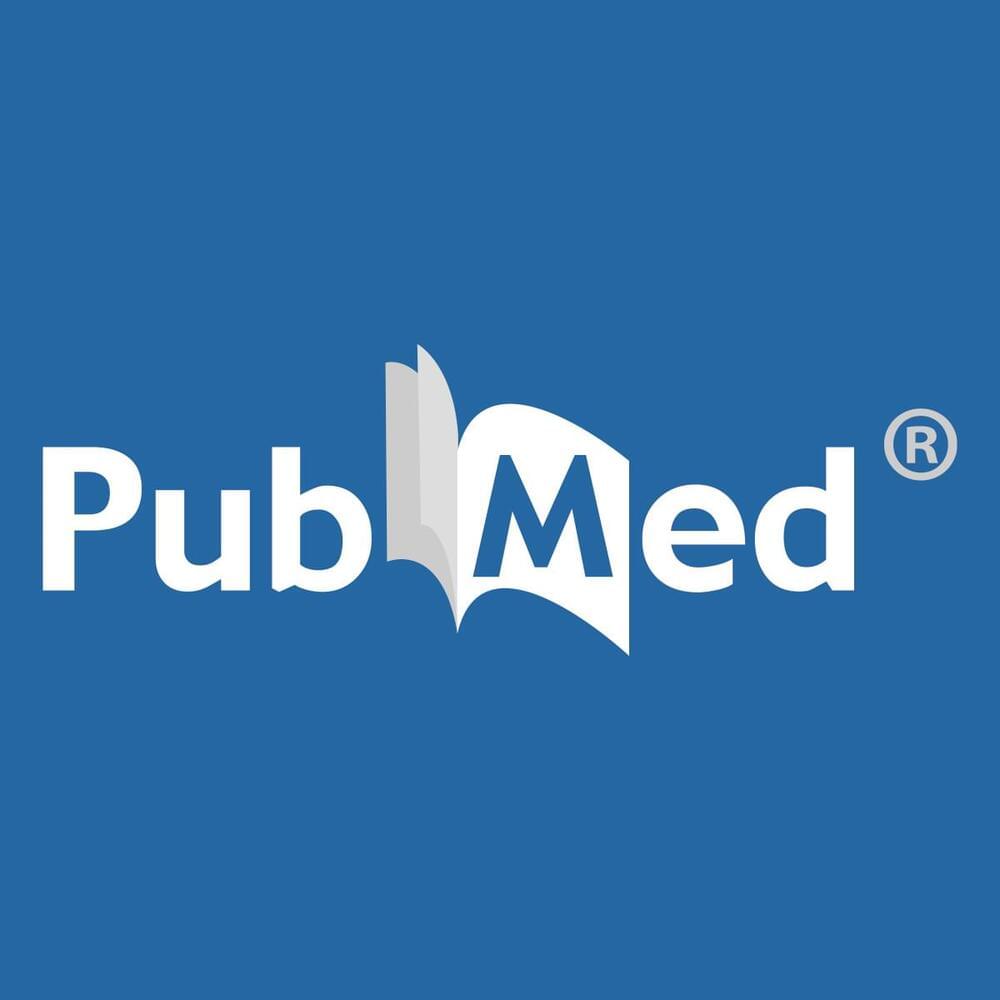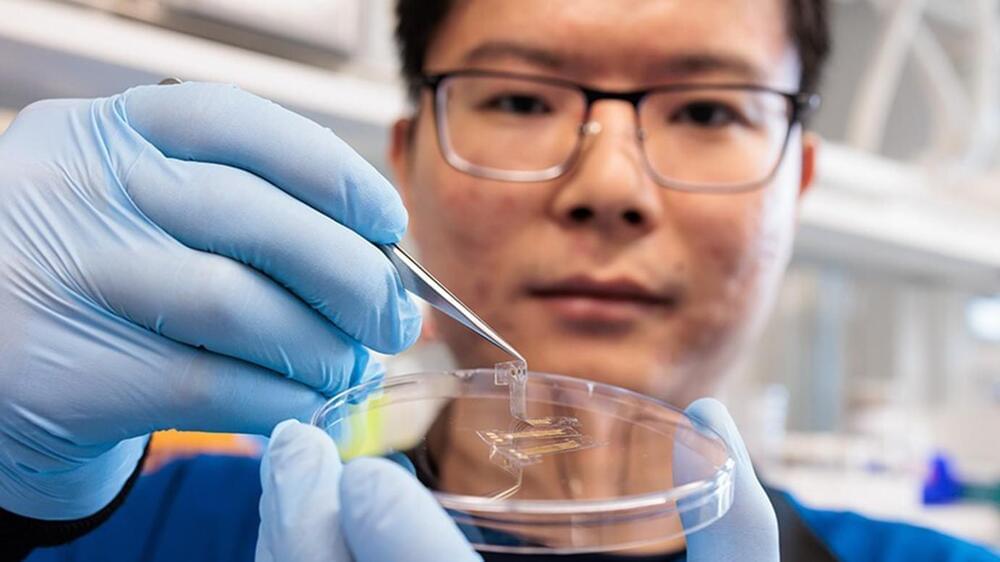How does the research conducted by Lige Leng at the Institute of Neuroscience of Xiamen University in China (I link it to you here)? It all starts with the study of the “inflamed brain”: many diseases of old age are associated with low-level chronic inflammation in the brain, organs, joints and circulatory system. A phenomenon sometimes called “inflammaging”.
You know it: over time all of our body’s repair systems deteriorate, our DNA and proteins accumulate damage, metabolism stumbles and cells stop doing their job. That’s life, beauty.
We’re all on our way to the exit, but research on worms, flies, mice and monkeys show that going at this speed isn’t inevitable. Diet and lifestyle changes (and, perhaps, upcoming anti-aging drugs) can curb decay and give us many more years of life, especially healthy life.
A new discovery suggests that a protein in the brain could be a switch to control inflammation and, with it, many symptoms and consequences of aging. If scientists can figure out how to distribute it safely in humans, we will finally put the first major brake on the aging process.



